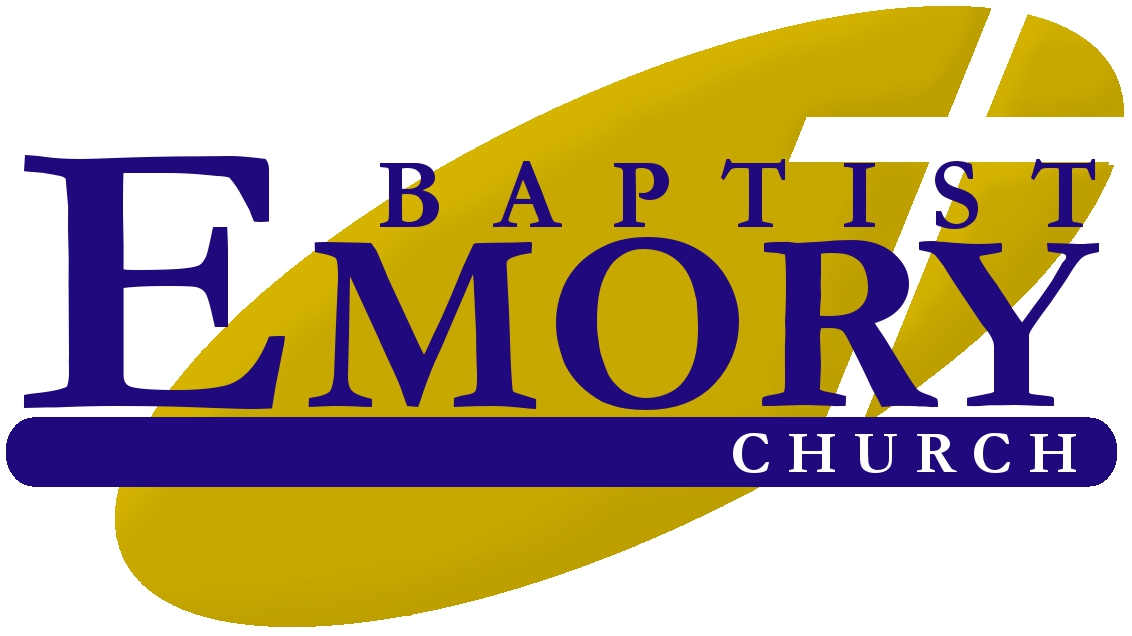Episodes

Tuesday Dec 18, 2018
Hope for the Hopeless...
Tuesday Dec 18, 2018
Tuesday Dec 18, 2018
Introduction
This morning, I want to share a message with you entitled, “Hope for the Hopeless.” Many folks in our world today and maybe even in our church this morning feel like their situation is hopeless. Your situation may be health related or loved-ones related or job related. Regardless, you feel hopeless.
Where do we look for hope? Some look to family, but family will disappoint. Some look to finances, but finances will discourage. Some look to favor. Our hope today is often tied up in likes and retweets and followers. However, favor will disappear.
As we continue in our study of Ruth, I want to show you a picture of hope for the hopeless. In Ruth 1, Naomi and Ruth could be seen as hopeless. Evil was dominating because there was no king in Israel. Nature was destroying in the form of a 10-year famine, and loved ones were dying. Naomi lost her husband and her two sons of which one was married to Ruth. Therefore, Ruth lost her husband too.
At the end of chapter 1, God brought Naomi back to Bethlehem, and Ruth went with her, and it was the beginning of barley harvest. That lets us know that good is coming. There is hope for the hopeless.
In chapter 2, Ruth met Boaz, and hope for hopeless begins to materialize. The grace and favor that Boaz gave to Ruth and Naomi foreshadowed and was symbolic of the grace and favor that God gives to anyone who receives His Son, Jesus Christ, as Lord and Savior.
- A Certain Plan: Ruth 3:1-4
In these first two verses, we see that Naomi recognized a need that Ruth had. Ruth had the need of a husband. Ruth had the need to be cared for and loved. Naomi described this need as “security.”
Related to this need of a husband is Ruth’s deceased husband’s need. Mahlon had a need for someone to carry on his legacy since he and Ruth didn’t have a son. He had a need for a relative to father a son with Ruth to carry on his name and family history.
Another need we see from the text is Ruth’s need for happiness or sense of wellness. Most certainly this would come with a new husband and parenting an heir to her family name.
Beginning in verse three, Naomi outlined a certain plan that would bring hope to the hopeless so Ruth and Boaz’s relationship could continue to progress. She was to take a bath, anoint herself, put on her best clothes and go find Boaz. She was to wait for him to finish eating and drinking and after he goes to sleep, lay down beside him.
Naomi outlined a certain plan to bring hope to the hopeless, and God has outlined a certain plan for you to bring hope to the hopeless, and it is called the Bible.
Yes, the Bible can give hope to your hopeless family situation. The Bible can give hope to your hopeless financial situation. The Bible can give hope to your hopeless favor situation.
And hope for the hopeless begins with a certain plan.
- A Submissive Posture, Ruth 3:5-8
Beginning in verse 5, Ruth’s response is worth noting. Remember that Ruth had every reason to feel hopeless, but with Naomi’s plan, she began to have hope for her situation.
Consequently, notice Ruth’s posture started with obedience. In verse 5, she told Naomi that she would do all of her certain plan, and in verse 6, we see that Ruth did all of her certain plan. Ruth was obedient.
Brothers and sisters, make sure that in the midst of your hopelessness that you don’t walk away from God’s plan but remain committed to obeying God and His Word. Obedience and bearing fruit as a follower of Christ must be at the top of our priority list if we are going to find hope for the hopeless.
Notice also that Ruth’s posture included making herself vulnerable to Boaz in verse 7. In this text, according to what goes on in our world in the 21st century, this may all sound somewhat suspect, but bear with me. Ruth waited for Boaz to go to sleep and then went to lie down at his feet. This verse says she came softly. She didn’t come demanding or announcing her entitlement. She came vulnerable because she trusted Naomi’s plan.
Thirdly, as a part of her submissive posture, Ruth not only was obedient and vulnerable, but she was surrendered. Verses 7-8 tell us that Ruth lay down at Boaz’s feet. She wasn’t standing, but she got low. She had surrendered to Boaz and whatever he might do to her and for her.
Even though all of this interaction might sound strange to our 21st century ears, you can’t point to any place in this text and find immorality. However, Ruth’s submissive posture was one of obedience, vulnerability, and surrender as she sought to follow Naomi’s certain plan.
- A Specific Provider, Ruth 3:9-17
In verse 9, Ruth indirectly proposed marriage to Boaz, and Boaz agreed so that he was willing to become her kinsman-redeemer or her special provider.
“Kinsman” meant relative or family member. “Redeemer” meant to buy or purchase or pay for or provide. Boaz would be Ruth’s kinsman-redeemer or her special provider which brings us to the topic of levirate marriage.
In the Old Testament, levirate marriage took place when a man died with no male children like Mahlon and Chilion did. As a result, his brother or another relative was to marry his widow and father a son for the deceased brother. In short, it was the practice of raising up a son for a deceased relative. This is exactly the context when Jesus was questioned in Matthew 22:23-28.
23 The same day the Sadducees, who say there is no resurrection, came to Him and asked Him, 24 saying: “Teacher, Moses said that if a man dies, having no children, his brother shall marry his wife and raise up offspring for his brother. 25 Now there were with us seven brothers. The first died after he had married, and having no offspring, left his wife to his brother. 26 Likewise the second also, and the third, even to the seventh. 27 Last of all the woman died also. 28 Therefore, in the resurrection, whose wife of the seven will she be? For they all had her.”
The kinsman-redeemer had specific responsibilities. He was to redeem property: the kinsman acted on behalf of an impoverished relative to purchase and return the land the poor man or woman was forced to sell.
He was to redeem persons: the kinsman redeemed a relative who was forced to sell herself into slavery.
He was to redeem blood or justice: the kinsman acted as an avenger. When a relative of his was murdered, as the kinsman-redeemer, he was to avenge the death. It was his duty to protect the honor of the family and exact vengeance.
The kinsman-redeemer also needed specific qualifications. He must be related by blood. He must be able to pay the price. He must be willing to redeem. Boaz would become Ruth’s kinsman-redeemer.
Brothers and sisters, we have a kinsman-redeemer today, and his name is Jesus Christ. His is related to us by blood because he was not only the Son of God but also the Son of man. He is able to pay the price because of His sinless life. He was willing to redeem as evidenced by His voluntary death on the cross.
Conclusion
If the hopeless is going to find hope, and we have a certain plan and a submissive posture and a specific provider, what else do we need?
We need a special patience. After the arrangement of levirate marriage was set in motion, Boaz gave Ruth a large quantity of barley for her and her mother-in-law to last them some time, and Ruth returned to Naomi in verses 14-17.
Verse 18 shows us the need for special patience. Naomi told Ruth to sit still or wait or be patient.
Brothers and sisters, when we are hopeless, it is not in our nature to sit still or wait or be patient, but we must and as we wait, trust God to provide through His Son, our specific provider.
Where are looking for hope this morning? My invitation is for you to look to Jesus Christ, who is the hope for whatever is your hopelessness this morning.


No comments yet. Be the first to say something!